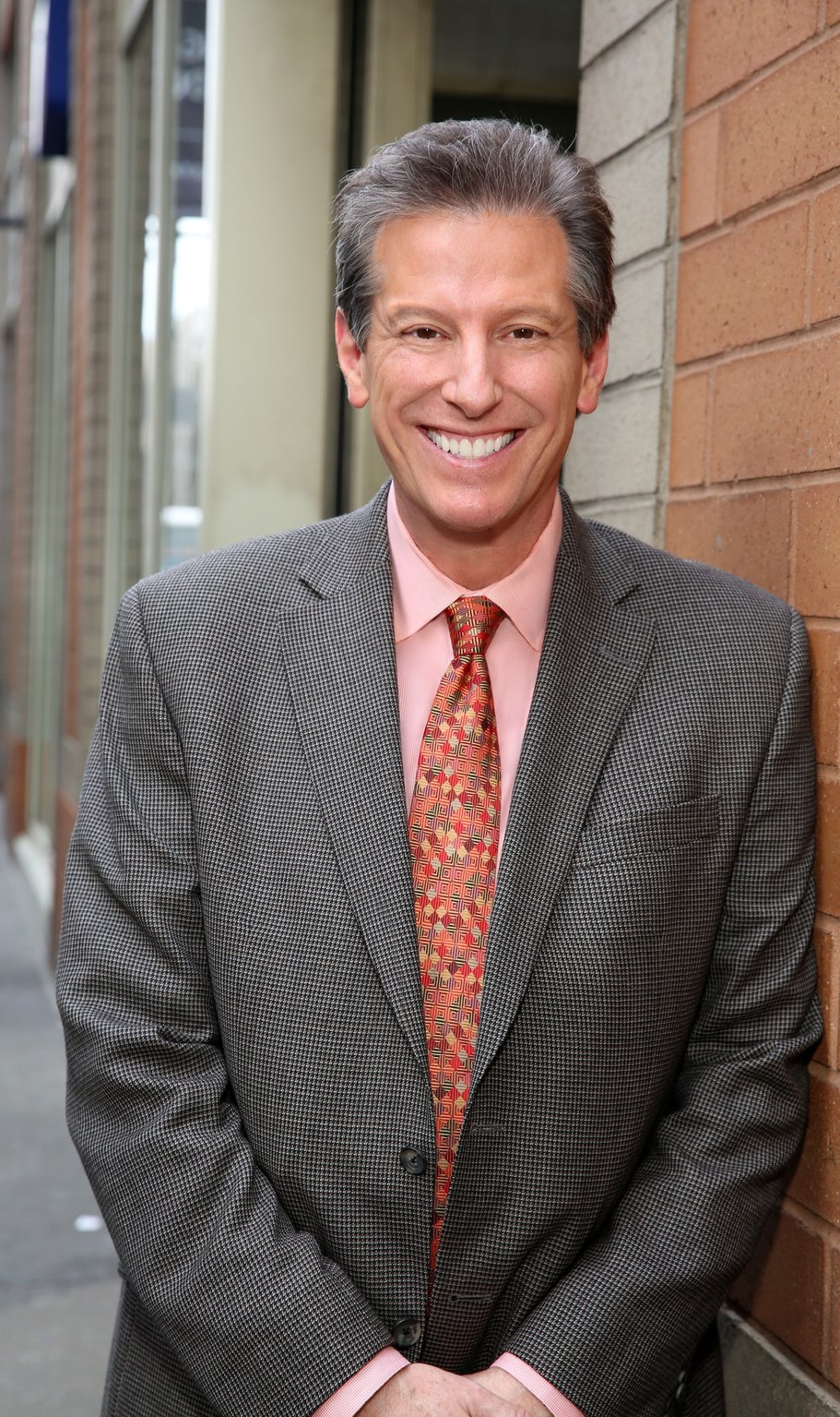Dentists in Georgia urged to see only emergency patients

Several dentists in metro Atlanta are postponing cleanings and elective procedures for the next three weeks and only seeing patients for emergencies such as swelling of the gums or face or unmanageable pain.
While others as of Tuesday are staying open, they are adopting new protocols. Office staff are frequently wiping down common areas. Magazines and toys are being removed from waiting rooms. Co-pays and next appointments are being handled over the phone.
MORE: Read complete coverage of coronavirus
MORE: A map of coronavirus cases in Georgia (updated March 16)
Some practices are asking patients to not come in the office when they arrive but instead to phone in from their vehicle. Then, an attendant is sent out to evaluate whether to let the patients in. West Cobb Dental Designs is also doing temperature checks before allowing patients inside.
The moves come amid what the American Dental Association said are the “unprecedented” circumstances posed by COVID-19.
In a statement Monday, the ADA called on its 163,000 members to focus on emergency patients who might otherwise visit a hospital ER. Concentrating on emergency dental care will help combat the disease and also help alleviate the burden on emergency rooms, the association said.
The recommendation comes at a time when many U.S. hospitals and doctor clinics, including those in Georgia, are straining to cope as people seeking coronavirus testing swamp emergency rooms and beds are filled with patients believed to be ill with the virus.
The ADA recognizes the unprecedented and extraordinary circumstances dentists face related to #COVID19. The ADA recommends dentists nationwide postpone elective procedures for the next three weeks. Please visit https://t.co/VmvCLo4oS9 for full statement and latest information. pic.twitter.com/PTi4G19N2b
— ADA (@AmerDentalAssn) March 16, 2020

Dr. Hugh Flax, an Atlanta dentist, decided to close his practice Thursday afternoon for two-and-half weeks. After that, he said he will re-evaluate the coronavirus situation to determine whether to re-open or remain closed.
“I have wrestled this, and I had to sit down and think this through, and what is the right thing to do,” Flax said.
Even with the best skill sets — and with dentistry having universal protections in place since the 1980s which include wearing protective gear, eyewear and clothing — he’s come to the conclusion it may not be enough to protect himself and his patients. Temporarily closing his practice, he said, may help slow the rate of infection so hospitals can better cope.
“Our patients are my family, and I have to take care of them,” Flax said. “But I want to do what I can to be a good world citizen.”
While Flax plans to treat patients for emergencies, he’s hoping he may not have to, and plans to shelter in place at home.
Many dentists are urging concerned patients to call them (and they said they will be checking their phone messages) to determine whether or not they need to be seen.
More Stories
The Latest


